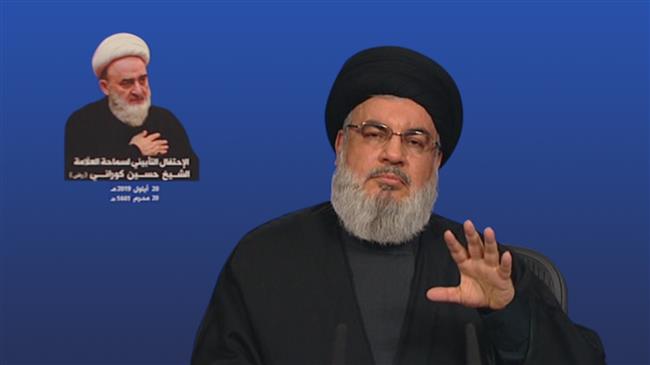Americans, Europeans have no ‘grasp of Yemenis’ capacity’: Analyst
The recent Yemeni attack on Saudi Arabia’s oil refining facilities came as a shock to US and European officials since they had no “grasp of the Yemenis’ capacity,” and had always denigrated the impoverished Arab country, says a political analyst from Washington.
“The Europeans and Americans don’t have any grasp of the Yemenis’ capacity, the Europeans and Americans denigrate the Yemenis… They think they are too stupid to fight back, yet they have been fighting for some four and a half years, they think they are too stupid to deal with modern weapons,” Michael Springmann, a Washington-based author and former US diplomat in Saudi Arabia, said at a Friday edition of Press TV’s The Debate program.
“Who knows where the weapons came from, they have just shown that the Saudis and the American defenses and the multi-billion-dollar 21 century weapons that have been sold to them are useless if a group of disgruntled, poor, starving Yemenis get around them and strike at the heart of the Saudi economy,” Springmann added.
The Washington-based author also noted that the Europeans had no choice but to join the United States in pointing the finger of blame at Iran for the attacks since they are dependent on the US and Israel in the fields of politics and security.
“The Europeans don’t know [who was behind the attack] but follow the lead of the United States because the Europeans are weak on political independence and security independence; they are far too tied to the United States, they are far too tied to Israel,” Springmann said.
Michael Lane, the founder of the American Institute for Foreign Policy in Washington, was the other panelist on the program and said US accusations leveled against Tehran was “part of the entire array of pressure that the United States is putting on the economy of Iran.”
On September 14, Yemen’s Ansarullah movement and their allies in the Yemeni army deployed as many as 10 drones to bomb the Abqaiq and Khurais oil facilities run by the Saudi state-owned oil company, Aramco.
The unprecedented attack knocked out more than half of Saudi crude output, or five percent of global supply, prompting Saudi and US officials to claim, without any evidence, that it probably originated from Iraq or Iran.
The United States and Saudi Arabia have, to various degrees, blamed Tehran for the attack on Aramco installations.
In a joint statement, French President Emmanuel Macron, German Chancellor Angela Merkel and British Prime Minister Boris Johnson also joined the US and Saudi Arabia in pinning the blame for the attack on Iran.
Tehran has strongly condemned the “destructive” and “provocative” claims made by the E3, warning that the trio will be responsible for the consequences of such “irresponsible” statements.
Iran’s Foreign Ministry said it is “highly destructive and provocative” in itself to hold a third government responsible for an attack that was carried out during an all-out war between Saudi Arabia and Yemen, while the latter has claimed responsibility, let alone rushing to conclusions without any probe and only based on “a ridiculous rationale.”
It added that such remarks and measures would only fuel the flames of the Yemen war and may lead to its expansion.
VIDEO | Carol Singers for Palestine on London’s Parliament Square
American warplane downed after Yemeni attacks 'baffled' US air defense: Ansarullah
VIDEO | Yemenis praise the military for its successful operations against Israel
VIDEO | Israel continues to bomb Gaza homes
VIDEO | An insider's view of the country: Meybod City in Yazd
‘All wars have rules. All of those rules have been broken’ by Israel
VIDEO | Report flags India’s violation of rights of Rohingya detainees
Turkey's foreign minister meets Syria's de facto leader in Damascus


















 This makes it easy to access the Press TV website
This makes it easy to access the Press TV website